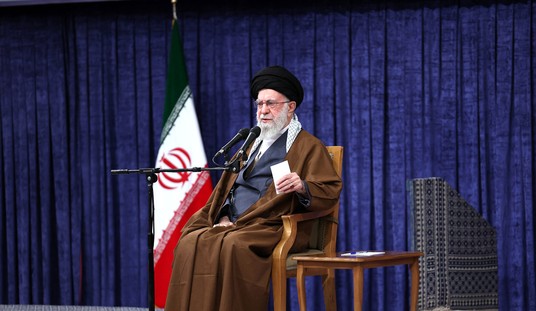Here are a couple of 4th of July questions for history buffs among you
Q1: Did an Imperial Japanese Army armored division ever engage US tanks in combat and if so where?
Q2: What was HF/DF and what was its role in the Battle of the Atlantic?
HF/DF was a radio receiver which measured the direction of signals, typically U-boats, which were stalking convoys in the Atlantic. The Wolfpacks were coordinated from Germany, where their positions and deployments were determined on a Kriegsmarine map.
When convoys were in the middle of the Atlantic, beyond the range of aircraft which could spot U-boats on the surface, the only way for the convoy escorts to detect the gathering Wolfpacks were either through radar or HF/DF. The U-boats were ordered to signal their position if they spotted a convoy and they had to acknowledge instuctions from Kriegsmarine headquarters.
This operational method was required to coordinate the pack, but it also resulted in the submarines periodically breaking radio silence. These transmissions could be detected by shore-based monitoring stations. However, due to the distances over which the bearings were measured, the locations were imprecise.
When HF/DF was miniaturized to fit on a ship, then the escorts themselves could find the U-boats chattering nearby. They could then attack the U-Boats or stack the defense toward threats from that direction. The Kriegsmarine believed that by resorting to compressed transmissions they would prevent a bearing from being taken on the signal. But advances in electronics allowed the allies to scan in all directions and across frequences quickly enough to detect them anyway.
Very often they found the escorts waiting for them.
A similar system is still in use today — by the BBC. The BBC is authorized to hunt down and fine people for the unauthorized operation of a television set. The principle is the same as HF/DF. The BBC have vans, like the old time Gestapo funker wagons, which can detect the electronic signature of a TV being switched on. The equipment in the BBC detection van then then run a license check keyed to the premises. If they detect a working TV where no license exists, then away go the legal depth charges. And another lawless Briton bites the dust.
Licence fee evasion in Britain continues to fall due to improvements in detection methods, combined with media publicity to ensure that evaders recognise the risk of being caught. Evaders are tracked down with the help of handheld detectors and a fleet of detector vans, using a national database of licence holders.
At BBC R&D we are working on a project to develop new detection methods to supplement those already in use. We have investigated a wide range of methods and chosen for development those which are quickest and most accurate, with a view to minimising the time spent by a detector van at each target site. We have added a satellite-based navigation system which helps minimise the time spent travelling between sites.
The detection results are recorded automatically. The van will be in frequent contact with TV Licensing’s database to check whether the viewer has a current licence.
The Guardian says that the new French government is thinking of licensing computing equipment to help pay for public broadcasting.
President François Hollande’s Socialist government aims to raise an extra €7.5bn (£6bn) this year through tax rises included in an amended budget bill to be unveiled next week.
“Is it necessary to extend the fee to [computer] screens when you do not have a television? It is a question we’re asking ourselves, but obviously it would be a fee per household and you would not have to pay an [additional] fee if you have a computer and a television,” Aurélie Filippetti said on RTL radio.
She said the government would study the new measure in 2013.The licence fee – €125 in mainland France and €80 in its overseas territories – is used to finance public television and radio.
In that way, even if you don’t want to watch public television, you will still have to pay for it. The more things change, the more they stay the same. In the old days convoys were pursued for to deny their valuable cargoes to the allies. Today the computers will be taxed to pay for the TVs. Hunting down electronics signals is bigger than ever. Just ask al-Qaeda. But to see how the old timers did it, watch the video below
The answer to the first question is open to everyone.
Belmont Commenters
How to Publish on Amazon’s Kindle for $2.99
The Three Conjectures at Amazon Kindle for $1.99
Storming the Castle at Amazon Kindle for $3.99
No Way In at Amazon Kindle $8.95, print $9.99










Join the conversation as a VIP Member